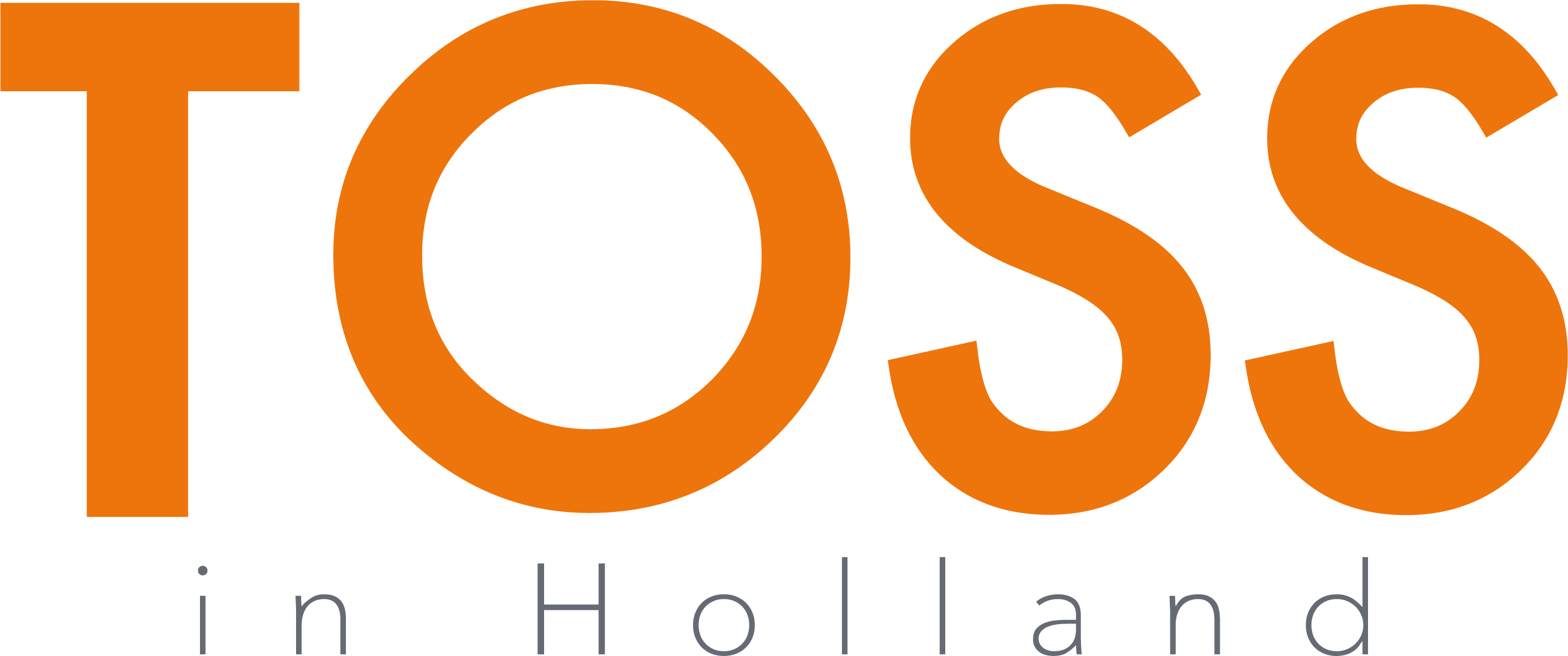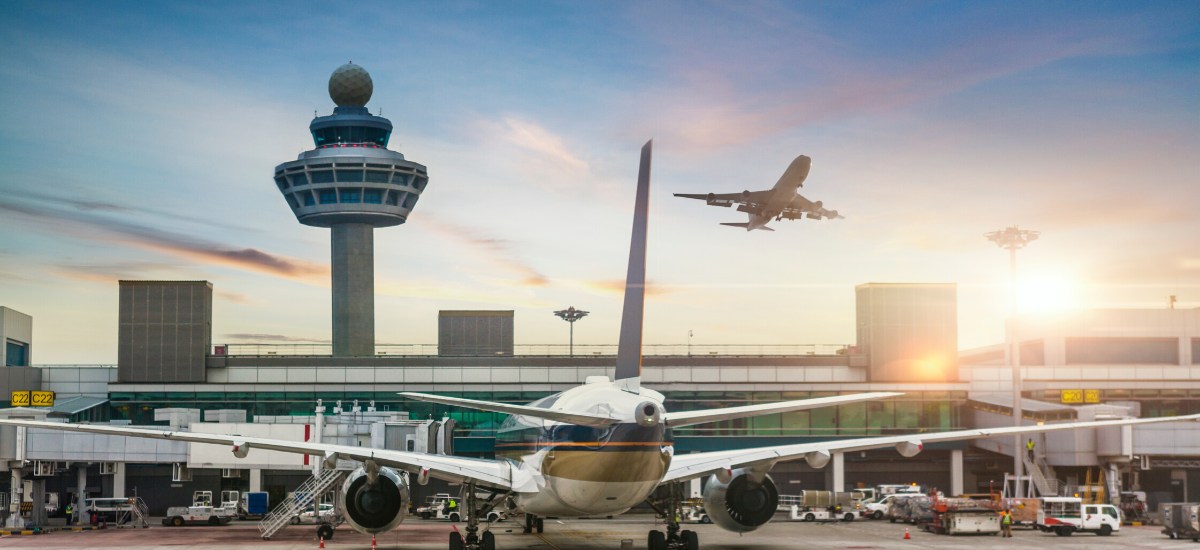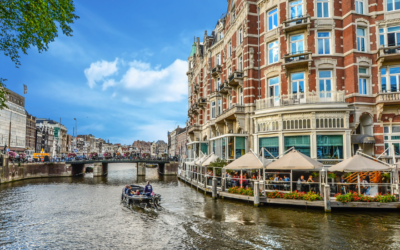What if you have to return back home because of COVID?
Closed borders, lockdowns, and face masks: many expats make the choice to return to their home country because of COVID. Countries across the world addressed to different rules and regulations to contain the virus. The measures in the Netherlands constantly change with press conferences held every 2 weeks.
We understand that as an expat, you may be returning home with a fear of closed borders and flight bans. How does this continue now that you are in your home country? What about your work, insurance, and residence permit?
Your stay and duration
You are back in your home country, what about your residence permit? An important factor that is considered is your main residence and the duration of your stay in a country outside the Netherlands.
Main residence
Your main residence is defined by where you spend most of your time in. This place is the center of all your personal and economic interests, such as your work and your home. If you want to keep your residence permit, it is important that your main residence is and remains in the Netherlands. This also applies if you are staying in another country.
If you have lived and worked in the Netherlands, then it is your main residence. Do you want to keep it that way? Prevent actions that make the Netherlands no longer your main residence, for example:
- Deregistering from Personal Records Database or Basisregistratie Personen (BRP) in Dutch
- Terminating your employment contract
- Canceling your Dutch bank account
Duration of the stay
The duration of your stay is important for maintaining your residence permit. If you want to keep this, you must meet the requirements for the duration of the stay abroad. There are strict rules about this and it differs per residence permit. Expats with a residence permit for a certain period, are able to stay abroad for a maximum of 6 months. For highly skilled migrants, this can often be 8 months. Do you want to keep your residence permit in the Netherlands? Make sure that you do not overstay than your allowed time in another country.
Traveling to the Netherlands
This of course differs per country and the COVID measures that apply there. Some countries may ask for a QR code before entering the Netherlands or want you to go into quarantine first. Through this link you can see the current state of affairs regarding entry into the Netherlands. Moreover, traveling back to the Netherlands is no problem, as long as you have a valid residence permit.
Social insurances
Do you have an employment contract with a Dutch employer? Then you are insured for the Dutch national and employee insurance schemes, including The Healthcare Insurance Act or Zorgverzekeringswet (Zvw). These insurances continue in the event if you are temporarily abroad.
If you are no longer living in the Netherlands, or if the employment contract with your Dutch employer is terminated, then your insurance will no longer apply.
If you are going to work in a country that the Netherlands has not included in the social security treaty, then you will be obliged to take out the insurance and pay premiums in that country. The employer in the Netherlands is obliged to pay these premiums in the country of employment. This additional obligation happens because there is no social security treaty that prevents double insurance. It is useful to make clear agreements about your country of employment with your employer.
European Social Security Regulation
If you work for a longer period in your country of origin, questions may arise about the applicable social security system based on the European Social Security Regulation. This happens when you work more than 25% of your working hours in a country outside the Netherlands.
Are you seconded to the Netherlands by a foreign employer? Then the situation is different again. You are often insured in the country where your employer is located. It is good to contact your employer about this.
Employment law/working conditions
Just as the Netherlands can close its borders, other countries can too. What happens if you unintentionally stay abroad longer?
If you have an employment contract with a Dutch employer or recognized sponsor and work in the Netherlands, then the Dutch employment law applies. The employment law regulates all matters regarding your rights and obligations as an employee. The employment law aspects must be assessed based on this. Keeping the contract and continued payment of wages are essential for maintaining your residence permit in the Netherlands.
Is your stay abroad taking longer than expected? It is best to contact your employer and make arrangements on this. There is a chance that you can carry out your work in your home country.
Tax
Are you wondering if you are a tax resident in the Netherlands? Let’s say you have worked in the Netherlands until you had to leave due to the pandemic and the 30% ruling has been applied for and received. Based on this situation, Dutch payroll taxes such as wage tax and insurance premiums are withheld and remitted from your wages. Because of the 30% ruling, wages have been reduced under the Dutch employment law. As a result of this reduction, you will be reimbursed the tax-free 30% ruling. For this, you must keep your main residence in the Netherlands. This means you:
- Remain registered in the Personal Records Database (BRP)
- Maintain an employment relationship with your employer
- Maintain a bank account in the Netherlands
- Have not submitted an emigration declaration to the tax authorities in the Netherlands
The above points are important, because they determine whether you maintain a so-called ‘personal relationship of a lasting nature’ in the Netherlands during your employment. Do you meet all these requirements? You are probably a tax resident of the Netherlands.
Tax resident of the Netherlands
Are you a tax resident of the Netherlands? It is the duty of the Netherlands to levy tax on your world income, whether you earn it here or in another country.
If you stay outside the Netherlands for more than 183 days per tax year, your wages will be taxed abroad. Your salary is also taxed abroad if you work for or are employed by a non-Dutch employer.
If you make use of the 30% ruling in the Netherlands, it does not apply abroad. The foreign tax authorities will charge tax on this, so that you have less net salary remaining. Depending on your employment law agreements, you can recover the loss from your employer.
Pension
What about the pension that you build up in the Netherlands? If you are employed by a Dutch employer, you may participate in the Dutch pension scheme or pensioenregeling. This continues when you temporarily stay and work abroad. If your salary is taxed abroad in accordance with the tax treaties, it is quite possible that the employer’s contribution from the pension is taxed as salary. It is also possible that the employee contribution is no longer deductible. This in turn can result in a change, often lower than net salary.
In short, it is important to maintain good contact with your employer and to make clear agreements. Together you have a solution. Did everything go smoothly and do you want to travel back to the Netherlands? Read more through this link on how to prepare for your trip and what you can expect.
Do you have any questions left? Contact us!














